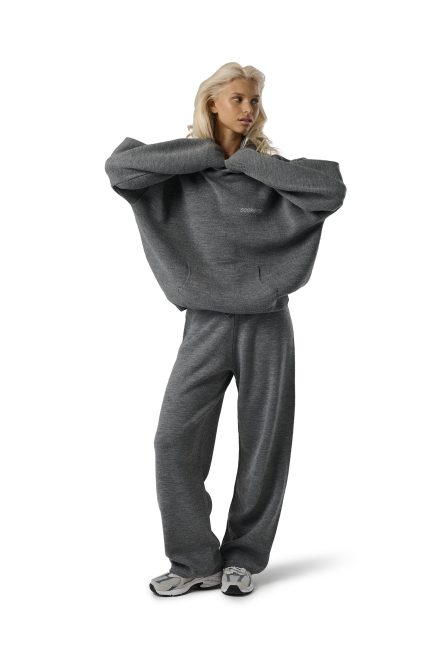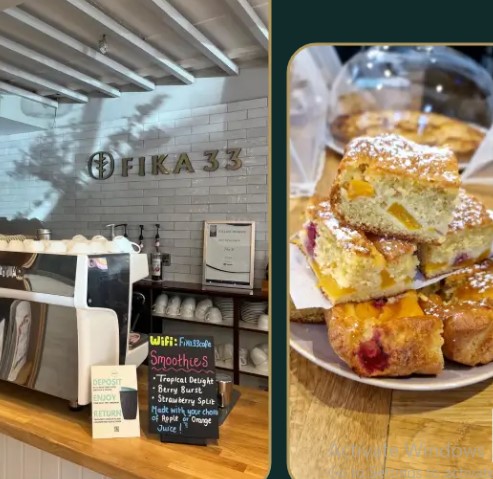In today’s world, where work and personal life often overlap, coffee shops have become essential spaces that cater to both. They’re where you can finish an important project in the morning, enjoy a relaxing lunch with friends in the afternoon, and then quietly read a book in the evening. Few places balance productivity and relaxation as seamlessly as a café.
The Rise of Coffee Shops as Workspaces
With remote work and freelancing on the rise, coffee shops have become unofficial offices for millions of people. The gentle hum of background conversation creates a comforting level of “white noise” that helps many focus. Add reliable Wi-Fi, plenty of tables, and the availability of coffee refills, and you have the perfect environment for hours of uninterrupted work. Unlike the solitude of home, cafés offer energy, movement, and a sense of being part of a wider community.
Comfort and Design Matter
Part of what makes coffee shops ideal for work is their thoughtful design. Comfortable seating, natural light, and cozy corners all contribute to productivity. Many cafés have embraced this role by offering power outlets at tables, longer opening hours, and even private meeting rooms. The design bridges leisure and work, making it easy to transition from answering emails to simply enjoying a slice of cake.
Social Benefits While Working
Working from home can feel isolating. Coffee shops counteract that by placing you in a lively environment without requiring social interaction. You can sit quietly and focus while still enjoying the energy of being around people. For those who do want social contact, casual conversations with baristas or other customers offer a break from work monotony. It’s the best of both worlds: independence with just enough connection.
Leisure Without Pressure
What makes cafés unique compared to offices or co-working spaces is the ability to switch seamlessly into leisure. You can finish a meeting, then relax with a book. You can wrap up a project, then join a friend for lunch—all without leaving the café. The casual environment removes the pressure that can come with traditional workspaces. It’s a reminder that productivity and relaxation don’t have to exist in separate worlds. Coffee Shops and Creativity
Cafés don’t just support routine work—they also nurture creativity. Writers, designers, and entrepreneurs often find inspiration in these environments. There’s something about the mix of aromas, sounds, and sights that sparks new ideas. A coffee shop table, with its clutter of cups and notebooks, has been the birthplace of countless stories, artworks, and business ventures.
Health and Balance
Taking work into a coffee shop also supports better work-life balance. The simple act of leaving the house to work elsewhere creates mental boundaries between personal and professional life. It allows people to “switch off” when they return home, knowing that their work stayed at the café. This separation, even if symbolic, can reduce stress and promote wellness.
Stories of Work and Leisure
Many people can recall times when a coffee shop supported both their productivity and their happiness. A student may have pulled an all-nighter preparing for exams, fueled by endless refills. An entrepreneur may have pitched their first business idea to investors over cappuccinos. A group of friends may have turned a study session into an afternoon of laughter. Each story highlights the café’s ability to adapt to both serious and lighthearted moments. Conclusion Coffee shops are unique in their ability to blend work and leisure. They’re places where laptops and novels coexist, where business meetings share space with casual dates, and where productivity flows alongside relaxation. In a fast-paced world, cafés remind us that balance is not only possible but also enjoyable. They prove that work doesn’t always need to be rigid and leisure doesn’t always need to be separate—sometimes, the two can share the same table.








